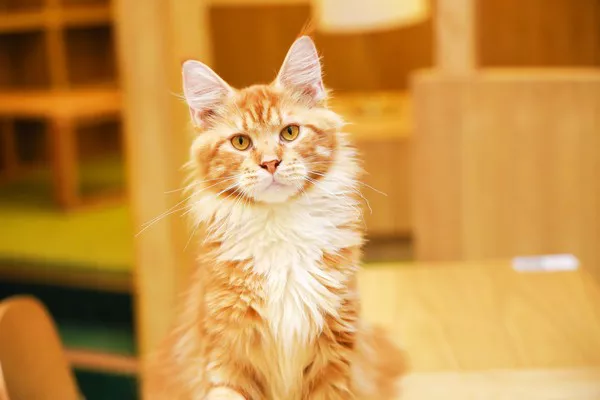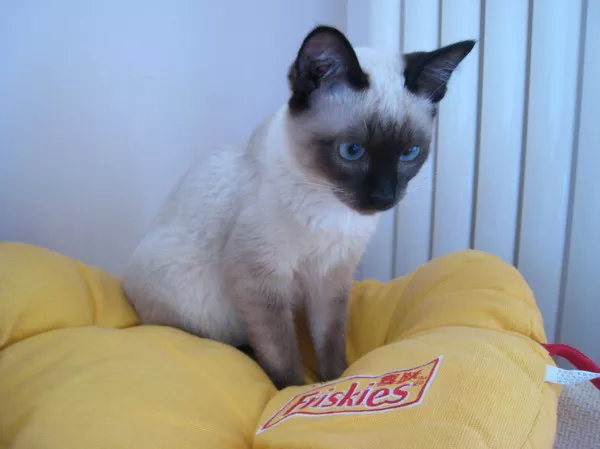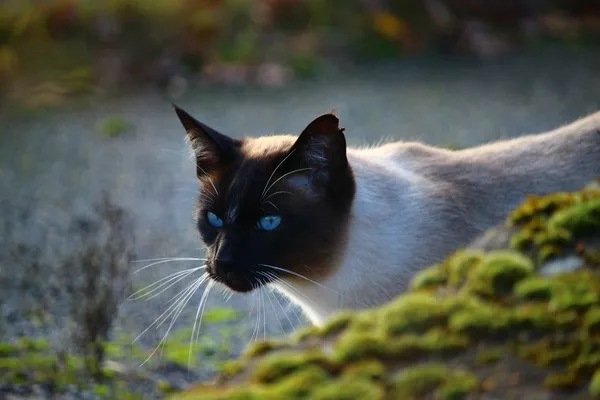Maine Coon cats, with their stunning appearance, friendly demeanor, and impressive size, have captured the hearts of cat enthusiasts worldwide. Their reputation as one of the largest domesticated cat breeds often precedes them. However, the belief that all Maine Coon cats get big is, in fact, a myth. In this article, we will delve into the fascinating world of Maine Coon cats, exploring their characteristics, genetics, and the truth behind their size to dispel the misconceptions surrounding these beloved felines.
Understanding Maine Coon Cats
Before addressing the question of size, let’s gain a deeper understanding of Maine Coon cats. Known for their friendly and sociable nature, Maine Coons are often referred to as “gentle giants” due to their large stature. Here are some key traits of this remarkable breed:
Personality: Maine Coons are characterized by their amiable and playful personalities. They are known for being affectionate and getting along well with children and other pets.
Physical Characteristics: These cats have striking physical features, including a long, bushy tail, tufted ears, and a luxurious semi-long coat. Their muscular bodies and robust bone structure contribute to their size.
Intelligence: Maine Coons are intelligent and curious cats. They often enjoy interactive play and puzzle toys.
Vocalization: While not excessively vocal, Maine Coons may engage in “chirping” or trilling sounds. Their communication style is unique and charming.
Size Variation in Maine Coon Cats
Contrary to the common misconception, not all Maine Coon cats grow to be exceptionally large. There is a considerable variation in size among individual Maine Coons, influenced by several factors:
Genetics: Genetics play a significant role in determining a Maine Coon’s size. Kittens inherit their size potential from their parents, but it’s important to note that genetics are not the sole determining factor.
Gender: On average, male Maine Coons tend to be larger than their female counterparts. Males may weigh between 13 to 18 pounds (5.9 to 8.2 kg), while females typically weigh between 8 to 12 pounds (3.6 to 5.4 kg). However, exceptions exist, and some females can be quite large.
Age: Maine Coon cats continue to grow and develop until they are about three to four years old. Their rate of growth varies, and some may experience more significant growth spurts than others.
Diet and Nutrition: Proper nutrition during a Maine Coon’s growth phase is crucial. Adequate and balanced feeding can support healthy development. Overfeeding or underfeeding may affect a cat’s ultimate size.
Health: A Maine Coon’s overall health can influence their growth and size. Health issues, particularly those that affect their appetite and digestion, may impact their development.
Pedigree and Lineage: Maine Coons from well-established, reputable breeders may have more consistent size traits due to careful breeding practices. However, size can still vary.
The Maine Coon Growth Curve
The growth of a Maine Coon cat follows a relatively consistent pattern. Here is a rough guideline of their growth from kittenhood to adulthood:
Kittenhood (0-6 months): Maine Coon kittens grow rapidly during this phase. They may double their weight within the first few months. By six months, they are still in the early stages of growth but are visibly larger than most other cat breeds.
Adolescence (7-12 months): At this stage, Maine Coons continue to grow and develop, although the pace of growth begins to slow down.
Young Adult (1-3 years): The majority of Maine Coons reach their adult size during this period. Male Maine Coons may reach their full size around three years, while females typically reach their final size by two years.
Maturity (3+ years): While most Maine Coons stop growing by three years, some may experience slight size changes beyond this age, particularly in terms of muscle mass and weight.
How to Ensure Healthy Growth
To support the healthy growth of your Maine Coon cat, consider the following tips:
Proper Nutrition: Choose a high-quality cat food that is appropriate for your cat’s age and size. Consult with your veterinarian to determine the right diet for your Maine Coon.
Regular Veterinary Care: Schedule regular check-ups with your veterinarian to monitor your cat’s growth, address any health concerns, and receive guidance on their diet and exercise.
Weight Management: Monitor your cat’s weight to ensure they are within a healthy range. Obesity can have adverse effects on their overall health.
Exercise and Play: Engage your Maine Coon in regular play and exercise to promote strong muscles and overall health. Interactive toys and play sessions are essential.
Spaying and Neutering: Discuss the timing of spaying or neutering with your veterinarian. Altering your cat may affect their growth rate, and it’s important to make an informed decision.
Conclusion
Maine Coon cats, often celebrated for their size and beauty, are not guaranteed to become giant felines. While genetics and gender play a role, the size of a Maine Coon cat is influenced by various factors, and there is a wide range of sizes within this breed. Regardless of their ultimate size, Maine Coons are cherished for their friendly nature, striking appearance, and captivating personalities. Whether you have a petite Maine Coon or a majestic “gentle giant,” your feline companion will undoubtedly bring joy and affection into your life.


























